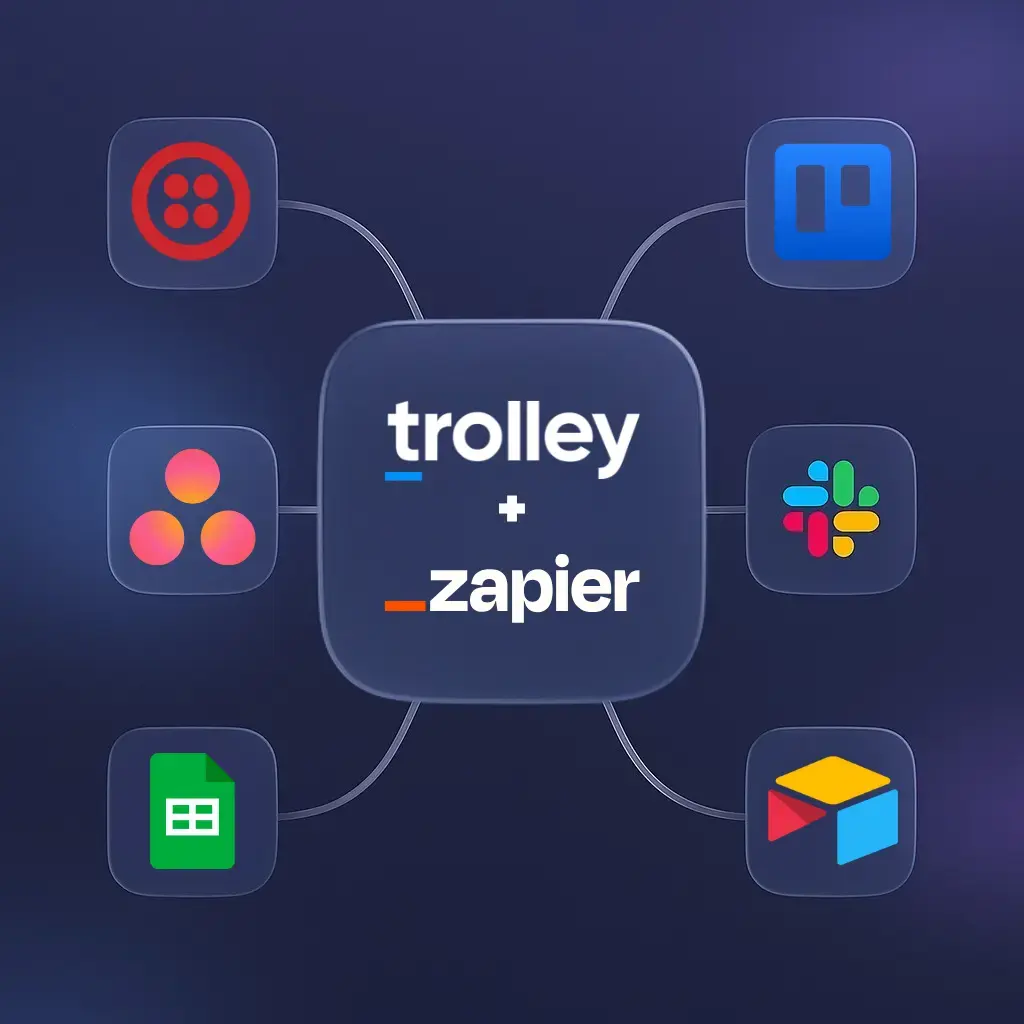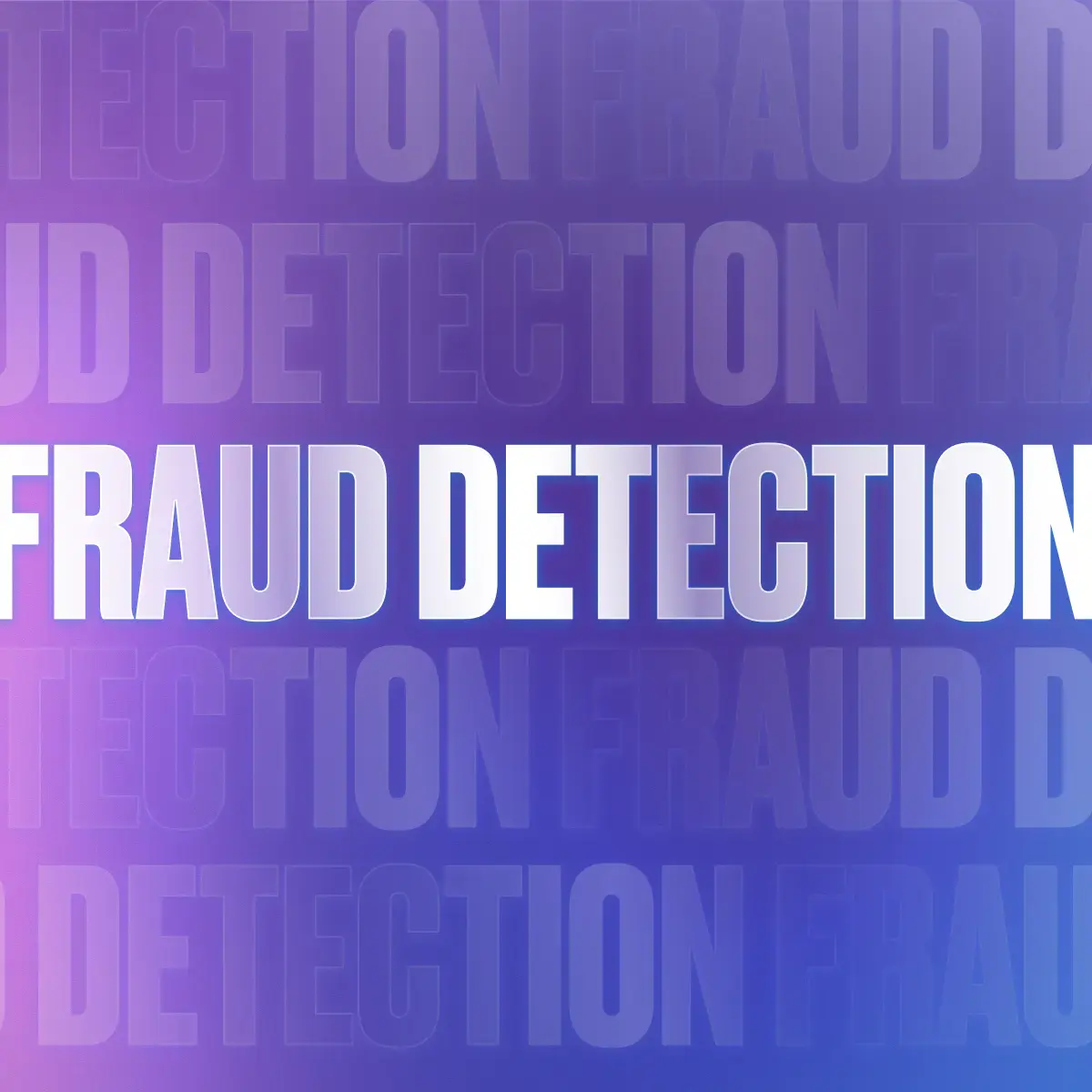Navigating the rapidly evolving world of tax compliance and regulations is no easy feat. When the Organisation for Economic Co-operation and Development (OECD) initiated new guidelines to tackle the unreported income in the ever-growing gig economy, the EU responded with DAC7. This latest regulation aims to standardize reporting mechanisms for online earnings, creating a ripple effect for those who run online marketplaces across the globe.
Trolley, a company that is always at the forefront of such changes, has proactively responded by introducing its new DAC7 Compliance product. This innovative tool aims to provide online marketplaces with a more accessible, seamless way to handle the complexities of DAC7.
In our latest Q&A session, we delved deep into the functionality and benefits of the new DAC7 Compliance chatting with Myles Foster, Trolley’s Product Manager for Tax and Product-Led Growth. Foster, the driving force behind this strategic initiative, explains the challenges and opportunities DAC7 presents and how Trolley’s new product is designed to help online marketplaces navigate these.
From understanding the genesis of DAC7 and its implications for the internet economy, to insights on future regulations and how Trolley prepares for these changes, Foster covers it all. They also address the advantages of Trolley’s product in end-of-year tax filing and provide valuable advice for companies needing clarification on their DAC7 obligations.
Join us as we unpack the realities of the new tax landscape, delve into Trolley’s DAC7 Compliance product’s critical role in easing compliance burdens, and explore the future of tax regulations as the world moves increasingly towards the internet economy.
Q: I want to jump into the DAC7 product, but I think starting by setting some context is essential. What is DAC7? And where are these DAC7 rules coming from?
Foster: Over the last few years, bigger and bigger chunks of the economy have shifted from 9-5 jobs to gig work and online selling. But without the proper reporting mechanisms, more significant portions of income go unreported to income tax authorities.
The Organisation for Economic Co-operation and Development (OECD) devised a model for how countries should handle these online earnings questions. This is what the OECD does; they promote economic policies.
DAC7 is the EU’s version of adopting this OECD guidance. It requires companies to collect and report essential info about online sellers and the payments to these sellers in a standardized way, encouraging countries to share that info. So, long story short, many previous unreported earnings/payouts are now reportable across the EU.
Q: How does Trolley’s new DAC7 Compliance product help solve this?
Foster: Number one, the most challenging part of DAC7 will be collecting all the required info from your sellers and figuring out who’s reportable and who’s not under DAC7 rules.
Look, it will be easy if you only have ten people. But when you look at an online marketplace, if you have ten users, it’s probably not a very good online marketplace. These rules target companies with thousands, if not tens of thousands, of users.
And at that scale, collecting user info one by one or manually is next to impossible. So using our recipient onboarding experience, and some new logic based on DAC7 rules, we’ve built a tool that can collect that data pretty seamlessly.
Secondly, compliant end-of-year reporting is the next most important task after collecting info and paying sellers.
DAC7 does not offer a paper form. People who are familiar with US regulations may know 1099s and 1042-Ss. Forget that – it’s not at all the same with DAC7. DAC7 reporting is done via an XML file, which is essentially computer code. And it’s impossible to write those manually.
On top of all that, the reporting rules are very complex.
So, the Trolley DAC7 Compliance product tracks all your payments throughout the year.
Because you’ve collected accurate info as you onboarded sellers and added relevant activity info to payments as you made them, we have all the info we need. So, at the end of the year, you can click a button to generate that XML file and report at the scale that marketplaces operate at.
Q: What inspired you to prioritize this feature set over others?
Foster: If you look at what we’ve built our payout product for, it’s the “internet economy” or the “creator” space.
A lot of the customers we work with are online marketplaces. And no matter where they’re located, most are paying sellers in the EU, which may put them in the scope of DAC7.
So, they now have these DAC7 challenges and brand-new regulations to comply with. That’s why solving for DAC7 fits well with our current user base.
And it will only strengthen our relationship with those current customers and help us be seen as a global leader in tax and tax compliance worldwide.
FYI: This is the first of many jurisdictions to introduce these OECD Model Rules. Canada has already said these rules will be effective on January 1, 2024. The UK’s first reporting year will be the 2024 tax year, so they’ll report in January 2025. So, we are starting to see other countries adopt it.
DAC7 is an exciting starting point for us to be ahead of a wave of new regulations that will pop up worldwide.
Q: Tell me a little bit about the validation and advice that Trolley received to build this product.
Foster: So we came to the drawing board saying, “We have to solve this new compliance problem,” and we knew it was similar to our US Tax product from a technology and user value standpoint.
But there are nuances and differences between the US laws and the DAC7 regulations, so we knew we’d need to tease through every aspect to ensure that we strictly follow what’s being advised in the official DAC7 directive.
Europe is not a homogenous region. Every country has its own rules, and so it becomes something that we can rely on our tax advisor for – to double-check how every country is even interpreting these rules and making sure that we’re doing it right.
Getting this right from a compliance point of view was critical, and it’s why we sought advice from tax advisors who are thinking about these types of problems day and night.
For instance, the tax advisor we’re working with on DAC7 has followed all six previous DACs. So, this person has been instrumental and really in line with all the DACs before it. They know how this works and learned how to advise us through building a product.
One of the things we did well on the US side was to build our product with flexibility in mind,because we know that not everyone fits into the same square holes. So, knowing that our advisor has “seen it all,” we worked hard to identify and accommodate as many possible DAC7 edge cases as possible.
The goal is to translate all this advice into a smooth and delightful product experience.
Q: How will this specifically improve the end-of-year tax experience for Trolley customers in Europe or those working with sellers based in Europe?
Foster: The most significant advantage of Trolley’s US or DAC7 Tax product is the seamless process that happens when you adopt the Trolley Pay tool.
If you look at all the other vendors out there trying to solve these same tax compliance questions, one of the things that you will notice is that they require customers to manage big data exports from their ERP systems or their payout platforms every January and pass that data between tools/specialists.
However, Trolley is interesting because everything’s already in the system, requiring no heavy lift. Every seller starts in Trolley with a self-service onboarding, where we collect DAC7-required info. Then as you make payments, you add DAC7-related activity data.
At the end of the year, we’ve already collected everything we need. All the data from your sellers, all your payments. Then we can provide your reporting files with a couple of button clicks.
It’s less of a “heavy lift” end-of-year process and more of a “built-in” continual compliance process. And that’s why Trolley customers get their end-of-year filing done in hours or days versus weeks or the whole month of January.
Q: What advice do you have for companies unsure if DAC7 applies to them and those who want to build a solution in-house?
Foster: Honestly, companies that aren’t sure if they’re in scope should be talking to a tax advisor.
There is a simple test to know if you’re in scope of DAC7. First, ask yourself, “Am I an online marketplace?” That means you are pairing a buyer and a seller directly online in some way or fashion.
If yes, ask, “Are some of my sellers in the EU?” If that’s true, you can probably talk to a tax advisor and say, “Hey, I think there’s a good chance I might be in the scope of DAC7 reporting.”
So, talking to someone who can dig into the details of your business and give a final say would be a great first step for anyone who’s unaware.
Then, for anyone who may think that they should go and build their own processes and in-house tools, I get it, DAC7 is well-defined, and it’s something that looks clear.
But as you saw with the other DACs, this is just number seven. There’s going to be eight; there’s going to be nine; there’s going to be ten. And DAC7 will be updated.
So, do you want to maintain this as the regulations and rules develop? And continuously update that?
We think there’s so much more value in using your engineers to build features that your users will get value from. There’s a lot of value in using a vendor like Trolley, which is laser-focused on ensuring our customers are end-to-end compliant and who’ll keep up to date with any new or updated regulations.
Embracing Tax Compliance Evolution with Trolley’s DAC7 Product
DAC7 presents new challenges but also opportunities for businesses to evolve their practices to be more transparent and compliant. Trolley’s new DAC7 Compliance product is designed to help navigate these complexities, providing a seamless and efficient way to address these regulations.
Are you curious about what Trolley can do to help your online marketplace comply with DAC7 regulations when paying EU sellers? Explore the new DAC7 compliance product or follow our step-by-step guide to enable DAC7 features in your account.
If you have any questions about DAC7, feel free to reach out, and we’d be happy to help!
See Trolley Tax in action: Take the Trolley Tax tour >
In an ever-changing tax landscape, we’re here to ensure you’re always one step ahead.







